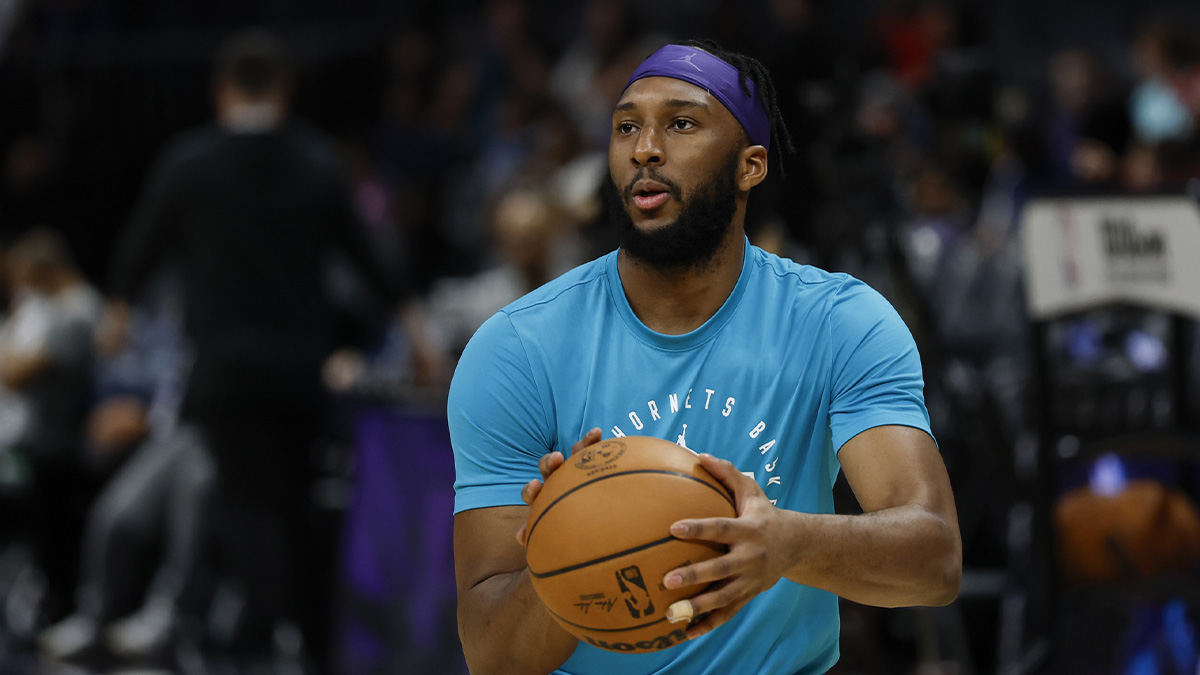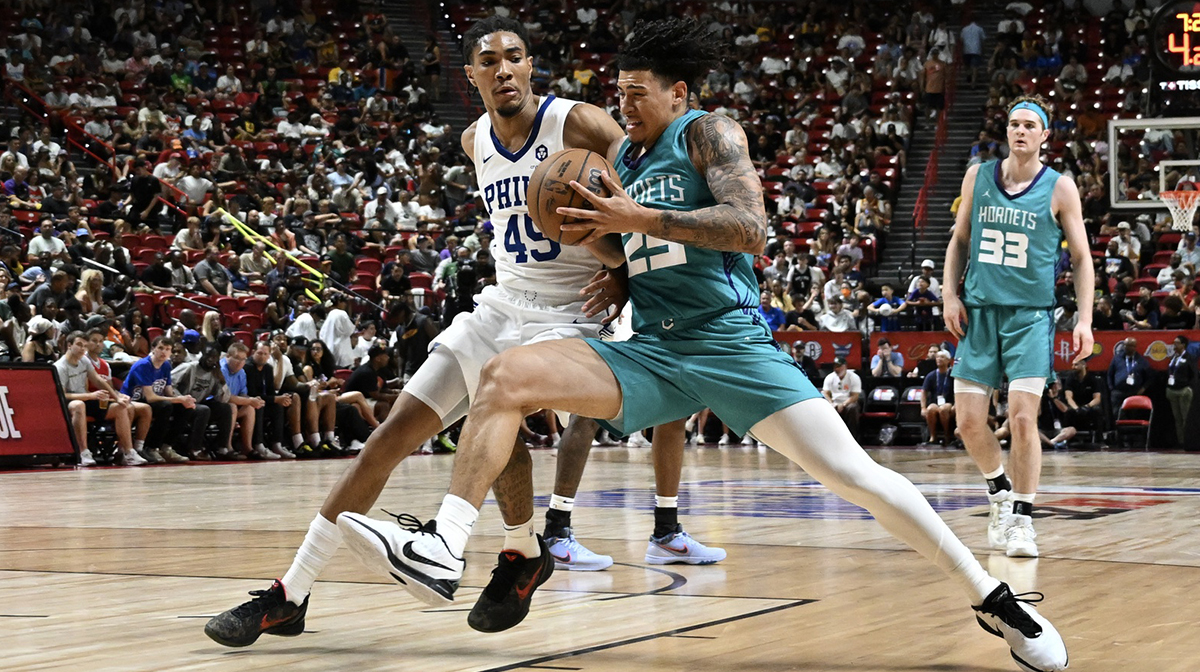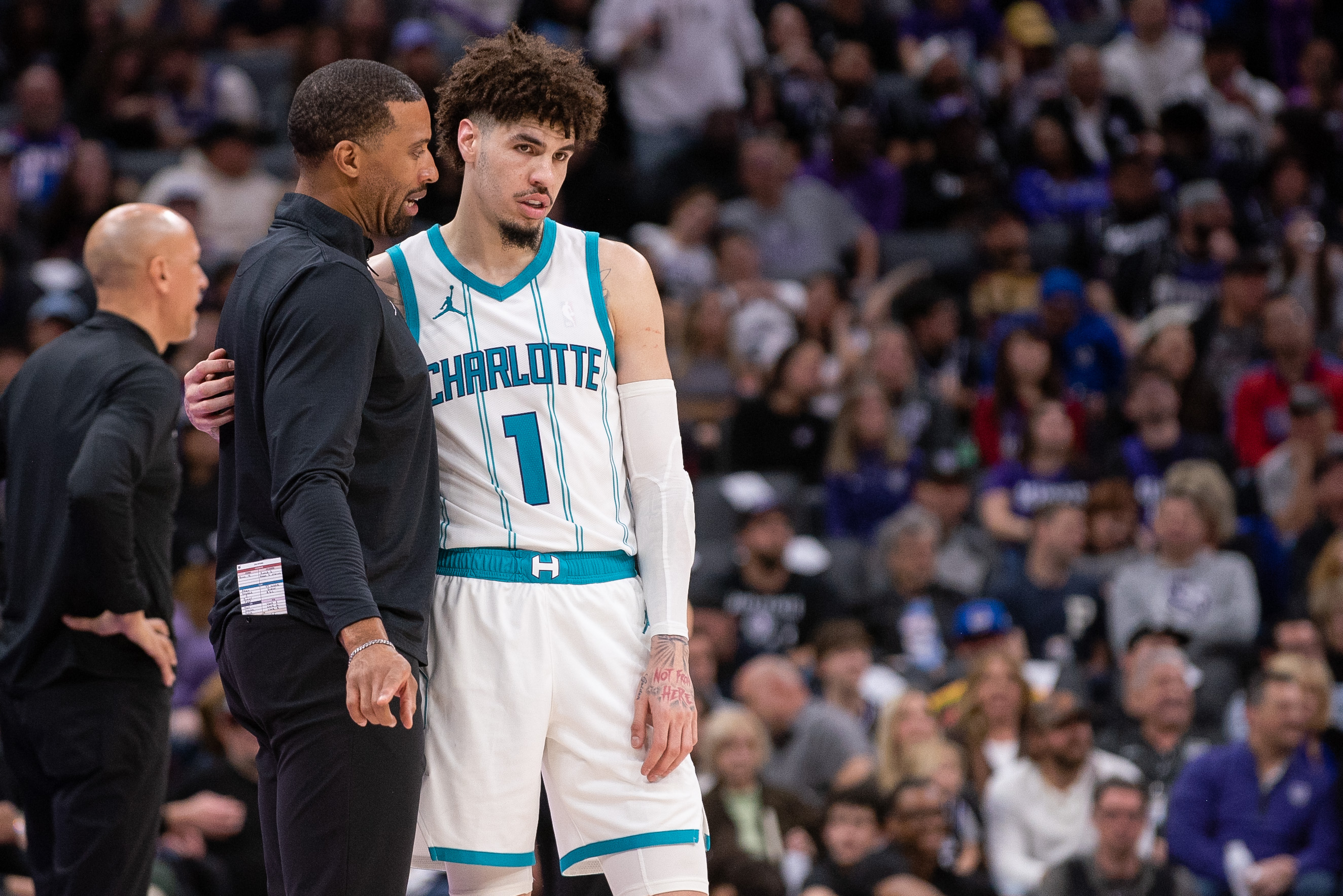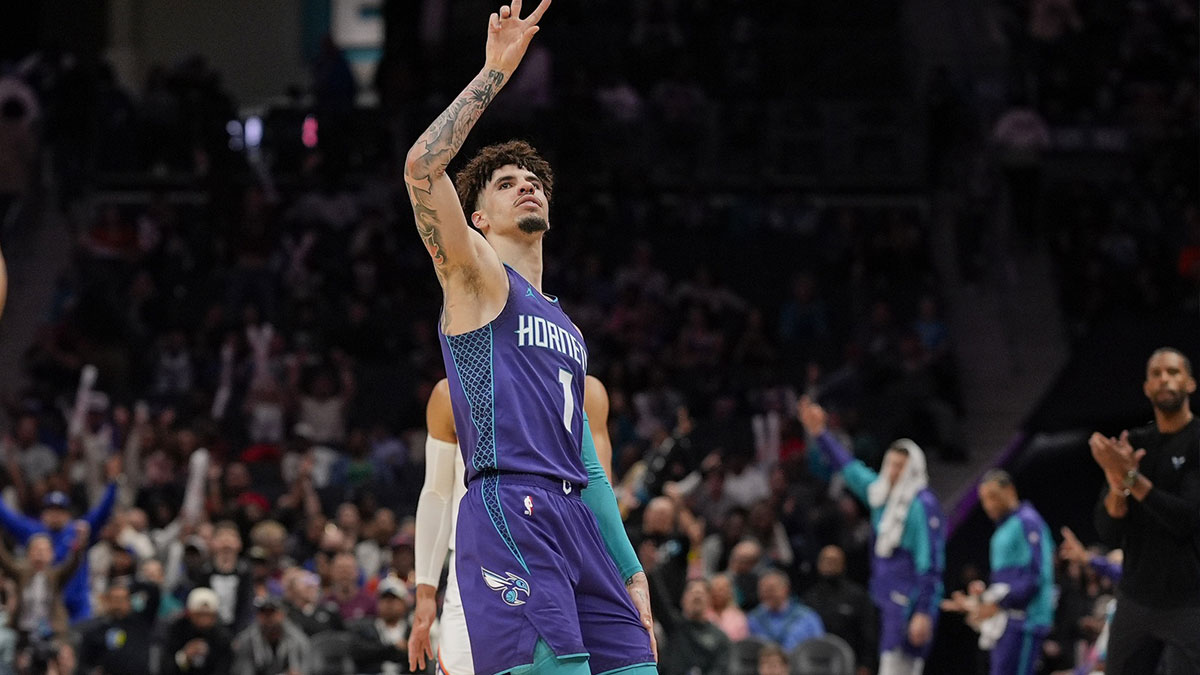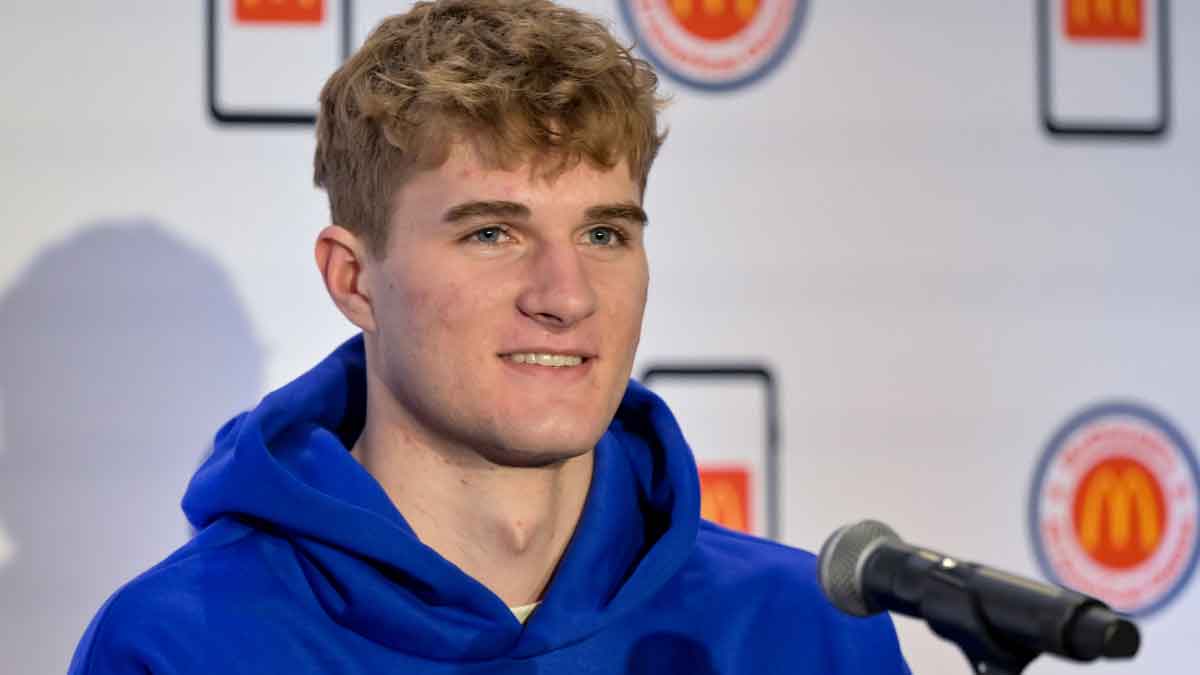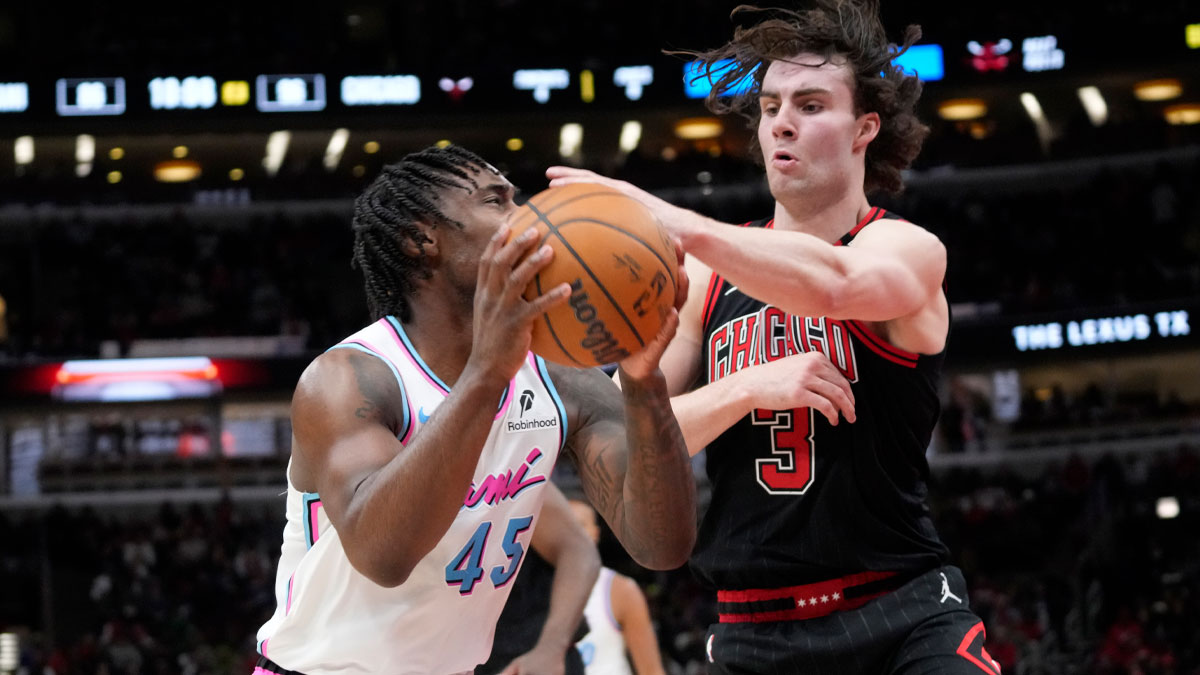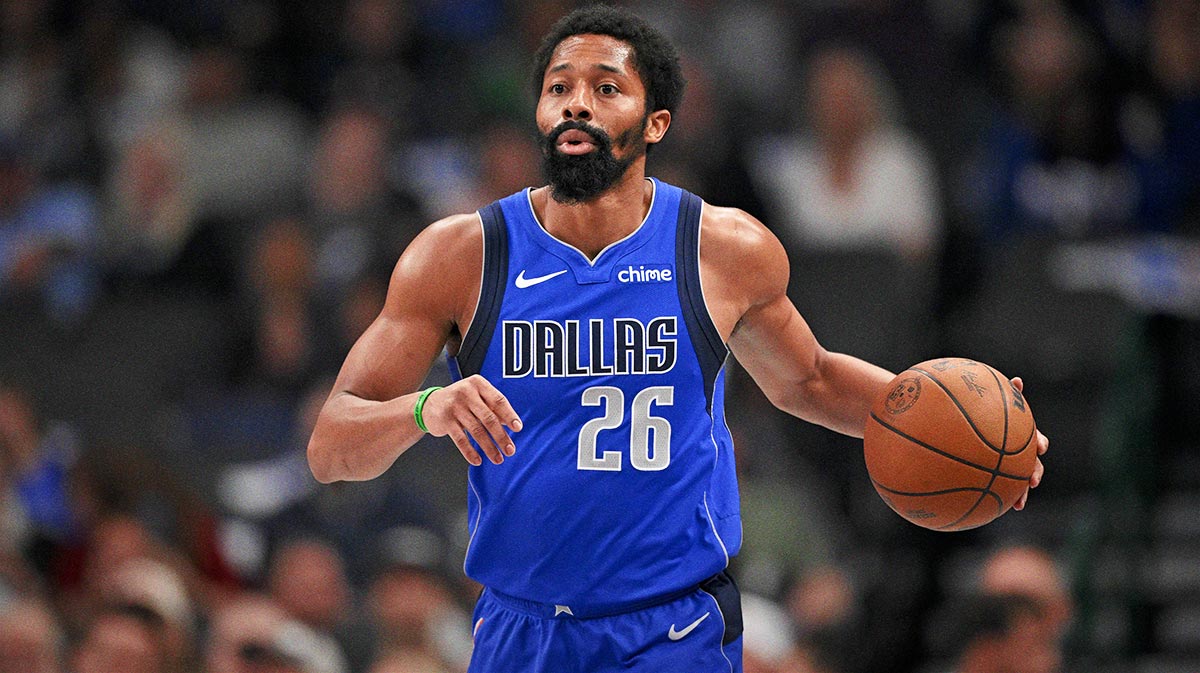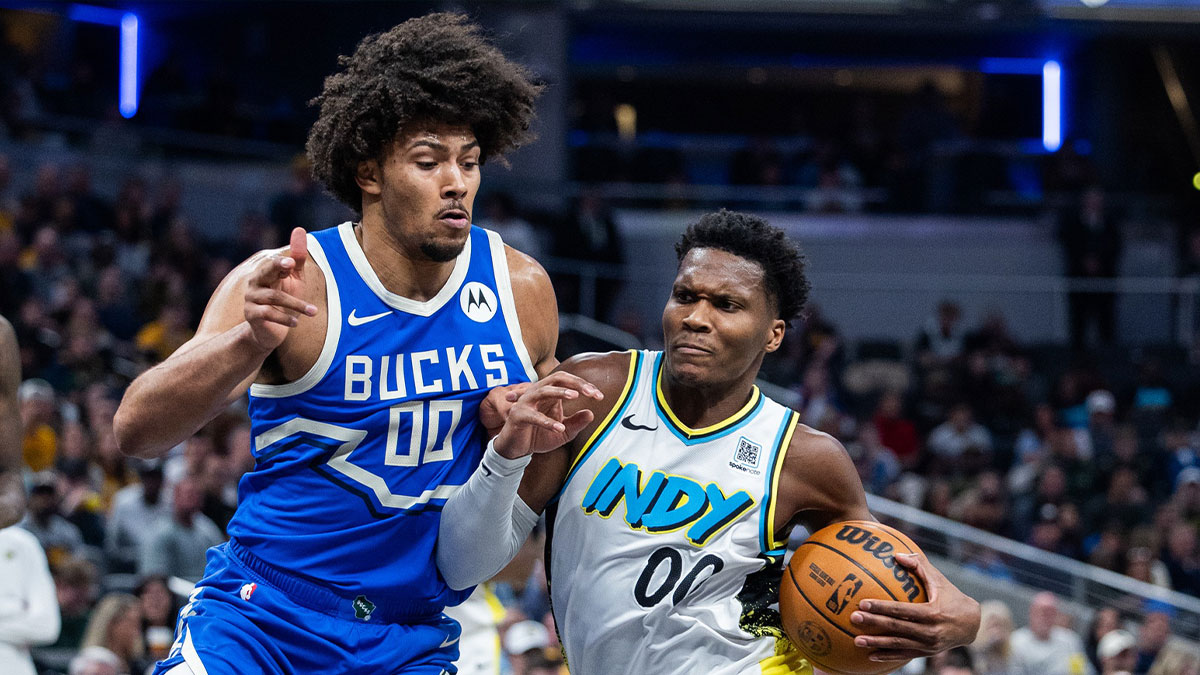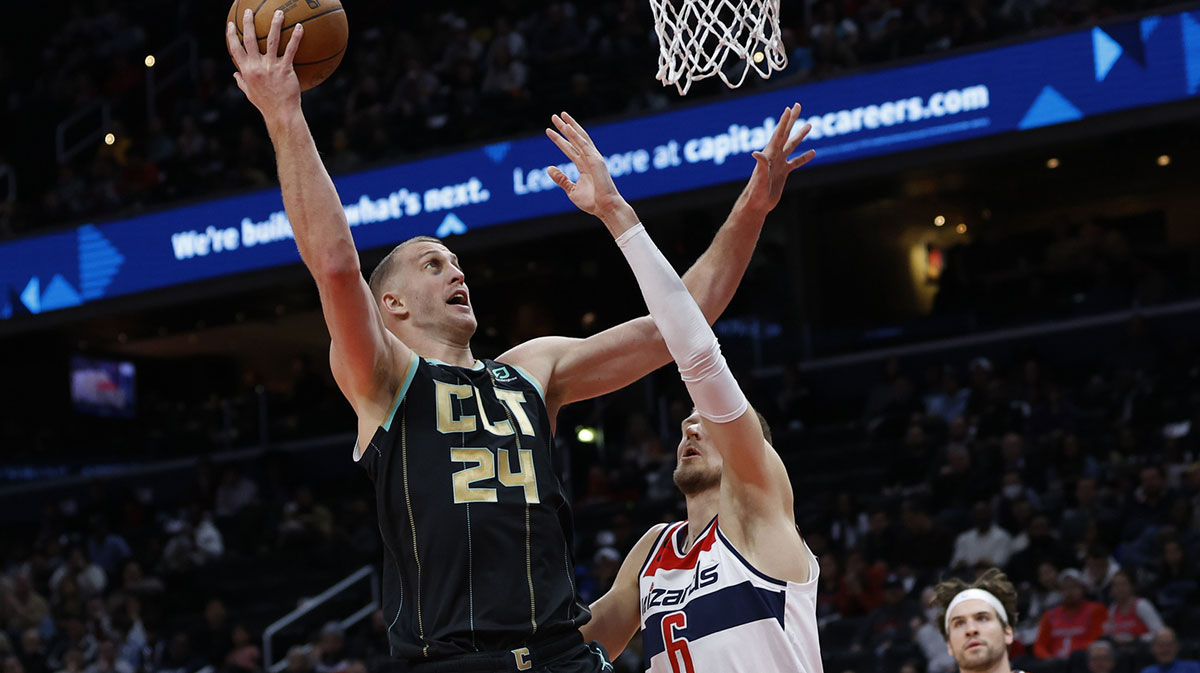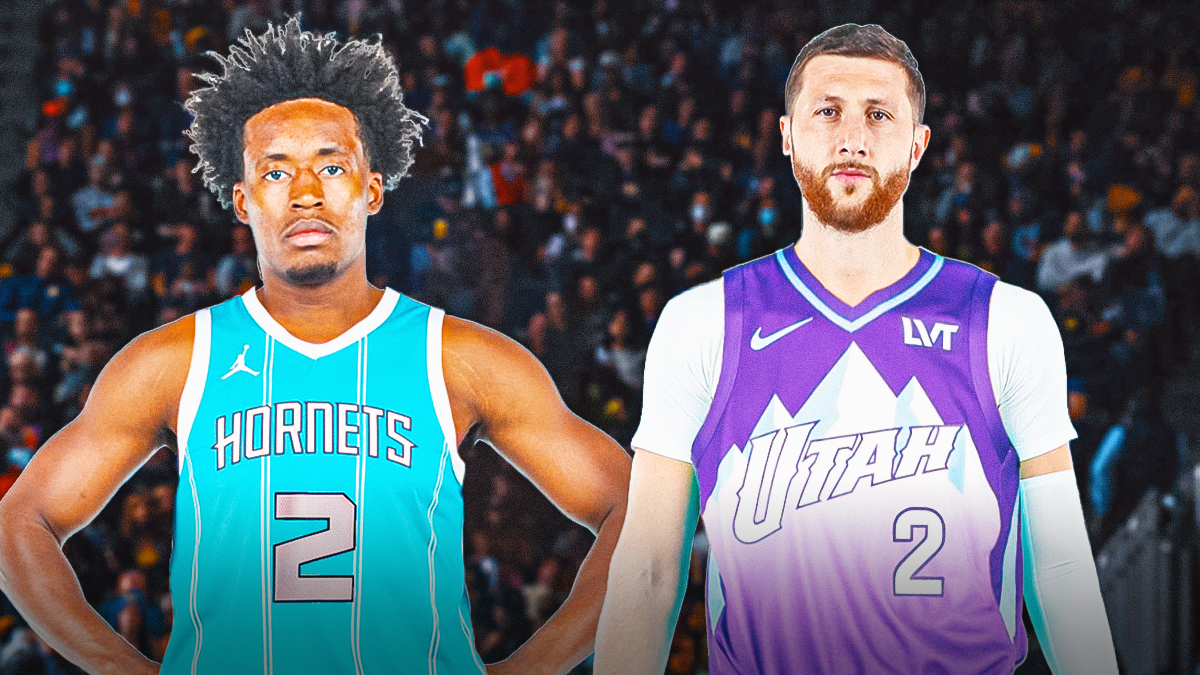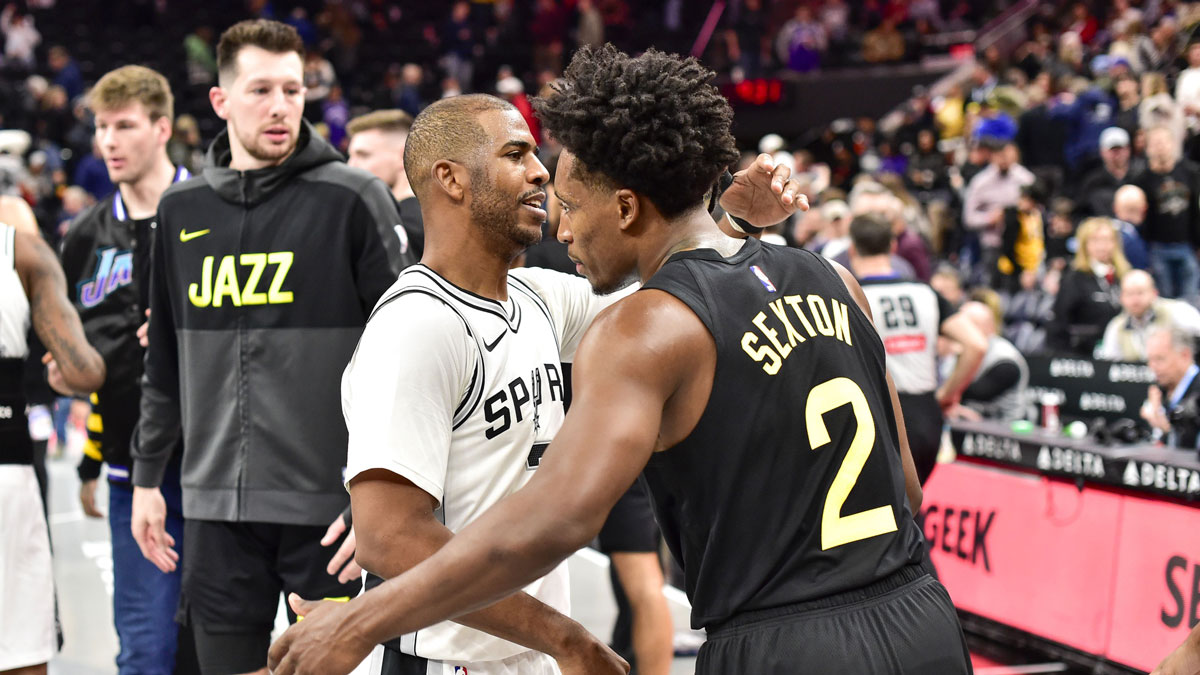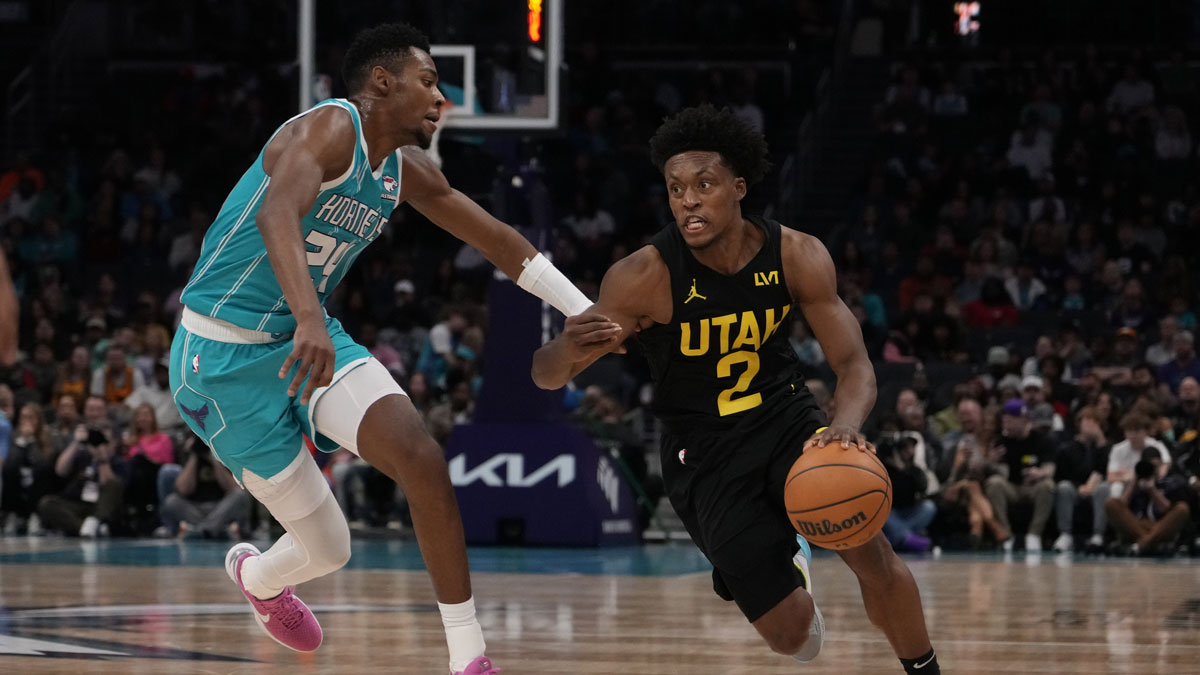Kemba Walker is changing teams for the first time in his NBA career, as he agreed to a four-year, $141 million deal to join the Boston Celtics, ending his eight-year tenure with the Charlotte Hornets.
The Celtics kind of came out of nowhere here, as reports surfaced a couple of days before free agency that Boston was suddenly the frontrunner to land Walker, something that was not expected going into free agency.
But where Walker landed doesn't even matter. It's how the Hornets handled this whole situation that is the real issue here.
Look: I completely get Charlotte not wanting to offer Walker a max deal, whether that be his supermax at five years, $221 million or his non-super max at five years, $190 million. It's understandable. He is 29 years old, and by time the Hornets are ready to win (whenever that is), he is going to be on the downside of his career.
Apparently, the Hornets offered him $160 million, which is a pretty big lowball.
Again, that's fine: Charlotte didn't think it could offer to give Walker the max at this stage. I get it. But then turning around and giving Terry Rozier a three-year, $58 million deal? Huh?
Maybe the Hornets didn't watch basketball outside of their own team this season, or maybe they live in some parallel universe where Rozier's 2018 playoff run is on a constant loop.
That's the only way one can explain just exactly what Michael Jordan and Mitch Kupchak were thinking here.
Rozier was brutal this year, and honestly, he wasn't worth more than $9-10 million a year in free agency, at most. But for some reason, the Hornets decided to give him nearly $20 million annually even though they did not want to pay Walker.
This makes absolutely no sense to me. Outside of Rozier's one impressive playoff run last year, he has been largely pedestrian. Yes, he has his moments, but he is yet to even shoot 40 percent from the floor in his career, and it's not like he is so great defensively where he can compensate for that shortcoming. He is not a great point guard either, as he isn't a particularly good passer, and his floor vision is non-existent.
But it's not even just about Rozier.
It seems blatantly obvious that the Hornets never had any intention of offering Walker the max. They had to know this back in February, so why not just trade him at the deadline and get what you can? Or, even better, why not deal him last summer?
I highly doubt that Charlotte had this massive change of heart between last summer and now. It's not like the Hornets were a contending team last year, so they likely knew deep down that they were going to lose Walker in free agency once the time came.
Which again begs the question as to why Charlotte didn't attempt to move him.
Even with Walker going into this past season with one year left on his deal, the Hornets still could have gotten something for him. At the very least, they could have gotten something better than three years of Terry Rozier at $58 million.
But there is a reason why Charlotte is one of the mos dysfunctional franchises in basketball, and there is a reason why the Hornets have been saddled with so many bad contracts and have been unable to properly draft for years running.
This is just a bad franchise, and the Walker situation is emblematic of how bad Charlotte has been as a whole over the last decade-plus.

